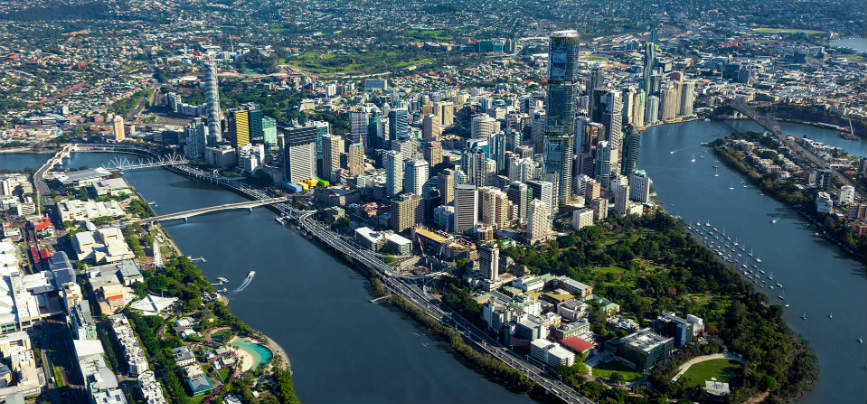

Although Chinese investment in Queensland has been on a downturn since the state government introduced new tariffs on foreign investment in 2016, the property sector is experiencing a real surge in Chinese buyers. Within the last financial year, foreign investors snapped up $2 billion worth of property in Brisbane and $1 billion on the Gold Coast, with nearly one-third of these offshore investors being from China.
Looking at the state as a whole, Chinese investment in Queensland is up 244% compared to three years ago, which correlates significantly with an increase in intake numbers for Chinese students into Queensland universities. With great universities comes an influx of foreign families looking to buy up in areas close to the universities and schools — this means Brisbane and the Gold Coast.
Students from China make up approximately a quarter of the international student body across all Queensland campuses. In 2018, there were over 21,000 Chinese citizens enrolled on student visas in Queensland. Federally, figures show increases in Chinese student number of about 3,000 per year, with that figure expected to rise significantly.
In the Brisbane City Council area alone, Chinese property investment has tripled since 2015. The five most popular suburb searches coming from Chinese-based IP addresses are Brisbane CBD, St Lucia, Toowong, South Brisbane and Indooroopilly. It’s really no coincidence that all five of these areas are within a 15-minute drive of UQ and QUT.

Brisbane’s top 5 suburbs for Chinese investment. Graphics created by PropertyMash, map courtesy of Google Maps.
On the Gold Coast, Benowa and Southport are leading the suburb search lists, even beating out some key Brisbane suburbs like Sunnybank and Kelvin Grove that were once driven by foreign investment.
Besides people of Chinese origin, the next biggest foreign investment in Brisbane and Gold Coast property comes from Americans, Koreans, Hong Kongers and Germans.
The last few years have seen the implementation of banking policies, stamp duty surcharge and Chinese government control which has influenced Chinese buyers decisions to invest in Australian property.
Australian banks have put restrictions on loans to those without permanent residency, and the Foreign Investment Review Board (FIRB) has started charging a fee to accept foreign applications. This applies to all Chinese investors, from the multi-million dollar purchase of whole developments to a student buying a small one-bedroom close to the university they will be attending.
FIRB has also put in place restrictions on what kind of property Chinese (and all other) foreign investors can purchase, pushing them towards acquiring brand new and off-the-plan property, instead of older, existing dwellings.
With large-scale development purchases by Chinese powerhouse companies on the downturn, Chinese purchasing habits are now far more geared towards small-scale residential purchases by a family.
For local Brisbane and Gold Coast buyers, this brings big changes to the apartment market. With the majority of Chinese investment in Queensland going into new or off-the-plan property, the demand for new developments is expected to continue to rise.
We would love to hear your thoughts on this project.
Have you visited this project recently, or perhaps you live nearby or bought in a neighbouring building? Tell us what you love about this project, or perhaps what you don't.